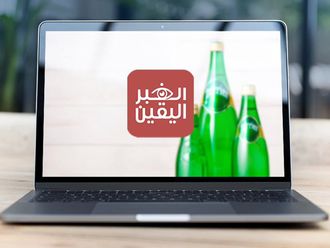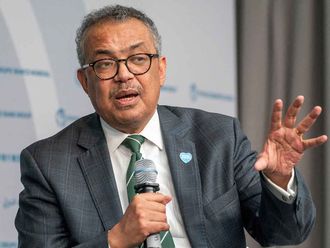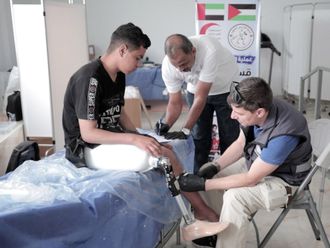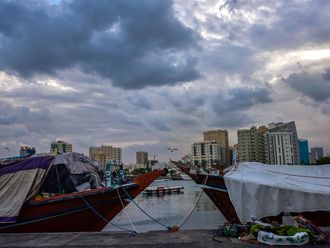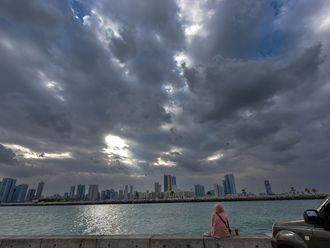Dubai: The Dubai Health Authority (DHA) has issued a medical advisory to Haj pilgrims to guide them on medical fitness before embarking upon the Haj pilgrimage which includes all the relevant vaccinations for travel and special health instructions for diabetics and asthmatic pilgrims.
Dr Badria Al Harmi, Director of Public Health Protection Department at DHA, said: “The most important step for any Haj pilgrim is to avail of the necessary vaccines. Ideally, the vaccines should be taken four weeks before travel. Every pilgrim should also visit their family medicine doctor six to four weeks before travel, especially if they have chronic diseases such as diabetes.”
Vaccinations
As per the advisory the meningococcal vaccine is mandatory for all pilgrims who are also advised to take influenza vaccine especially for children under 12 years, the elderly over 65 years as well as those who are in vulnerable health conditions such as pregnant women, patients of cancer or terminal illnesses and people with chronic diseases (such as heart disease, kidney disease, diabetes, or respiratory disease). The pneumonia vaccine is recommended for immmuocompromised patients.
Dr Al Harmi also advised pilgrims to carry their medical reports, prescription and sufficient stocks of medications for the journey and pay a visit to their GP a month before the journey.
“All pilgrims with chronic diseases should understand their care plan from their physician before they embark on their pilgrimage. Sometimes the doctor may recommend a change in medication dosage depending on the current medical status, so it’s always best to seek medical consultation before the pilgrimage,” said Dr Al Harmi.
For diabetics it was advised they carry some sugar with themselves to deal with low sugar episodes. “During the pilgrimage, diabetics should monitor their blood sugar levels more frequently. They should always carry some type of sugar source to treat hypoglycaemia (low blood sugar) episodes. They also need to ensure they take their medications on time to avoid hyperglycaemia (high blood sugar).”
In order to avoid spread of germs owing to crowded areas during their journey, pilgrims were also advised to maintain high standards of hygiene and proper hydration. “Pilgrims should not share their prayer mat; they should not touch their eyes, nose or mouth without washing hands. Hand hygiene especially before eating food is an important measure to avoid catching germs,” said Al Harmi.
She advised that to avoid dehydration and heat exhaustion it was important for pilgrims to stay well hydrated and avoid long exposure to sunrays.
High body temperature, fatigue, nausea, cramps, thirst, headaches or excessive sweating were signs pilgrims need to watch out for as symptoms of heat exhaustion. Dr Al Harmi advised pilgrims to move away from sunny places, cool the body with cold water and head to the nearest medical facility or contact their campaign doctor immediately.
Make sure shaving blades are sterile
Dr Al Harmi had a special word of caution for those who tonsured their head. “At the end of Haj, some men shave their heads. It is very important to be aware that non-sterile blades can transmit blood-borne infections, such as hepatitis B. Pilgrims should make sure they go to licensed barbers at officially designated centres. Moreover, a disposable single-use blade or your personal razor should be used. Never share shaving equipment with others and do not walk barefoot to ensure no used needle or razor pricks your leg.”


